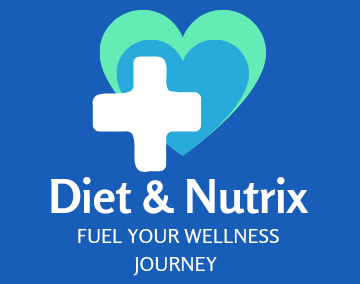Top 20 Foods That Boost the Mental Health of Your Child
Introduction
As parents, we want the best for our children, especially when it comes to their mental health. Surprisingly, the foods your child eats can play a significant role in their emotional and cognitive development. Let’s explore how nutrition impacts mental health and the top 20 foods that can help boost your child’s mental well-being.
The Importance of Nutrition for Mental Health
Firstly, it’s essential to understand that good nutrition is the foundation of overall health, including mental health. When children eat a balanced diet, rich in essential nutrients, their brains function better. This can lead to improved mood, better focus, and reduced anxiety. Conversely, a poor diet can contribute to mental health issues.
Top 20 Foods That Boost Mental Health
Fatty Fish
Fatty fish like salmon, mackerel, and sardines are rich in omega-3 fatty acids. These healthy fats are crucial for brain development and function.
Eggs
Eggs are an excellent source of protein and choline, which supports brain health and memory.
Berries
Berries, such as blueberries, strawberries, and raspberries, are packed with antioxidants that protect the brain from oxidative stress.
Nuts and Seeds
Almonds, walnuts, and chia seeds provide healthy fats, protein, and fiber. They help maintain stable blood sugar levels, which is important for mood stability.
Leafy Greens
Vegetables like spinach, kale, and Swiss chard are rich in vitamins and minerals that support brain health.
Whole Grains
Whole grains such as oats, brown rice, and quinoa are excellent sources of complex carbohydrates that provide steady energy and improve focus.
Yogurt
Yogurt contains probiotics that promote gut health. A healthy gut can positively influence mood and cognitive function.
Avocados
Avocados are full of healthy fats that support brain health and improve mood.
Sweet Potatoes
Sweet potatoes are a great source of fiber and vitamins, providing long-lasting energy and supporting brain function.
Lean Meat
Lean meats like chicken and turkey provide protein and amino acids, which are essential for neurotransmitter production.
Legumes
Beans, lentils, and peas are rich in protein and fiber, helping to maintain stable blood sugar levels.
Citrus Fruits
Oranges, lemons, and grapefruits are high in vitamin C, which can reduce stress and improve mood.
Pumpkin Seeds
Pumpkin seeds are a great source of magnesium, which is vital for brain health and can help reduce anxiety.
Dark Chocolate
Dark chocolate is high in antioxidants and can improve brain function and mood. Just be sure to choose options with high cocoa content.
Tomatoes
Tomatoes contain lycopene, an antioxidant that protects the brain from damage.
Bananas
Bananas provide a quick source of energy and contain vitamin B6, which is essential for neurotransmitter production.
Broccoli
Broccoli is rich in antioxidants and vitamins that support overall brain health.
Coconut Oil
Coconut oil contains medium-chain triglycerides, which provide energy for the brain.
Oily Fish
Oily fish like tuna and trout are packed with omega-3 fatty acids, crucial for brain development.
Carrots
Carrots are a great source of beta-carotene, which supports brain health and cognitive function.
Incorporating These Foods into Your Child’s Diet
Incorporating these brain-boosting foods into your child’s diet can be simple and delicious. Start by introducing a variety of these foods in their meals and snacks. For instance, you can add berries to their breakfast cereal, include leafy greens in their lunch salad, or offer nuts and seeds as a snack. Gradually, your child will develop a taste for these healthy options.
Conclusion
Ultimately, the food your child eats can significantly impact their mental health. By providing a balanced diet rich in these top 20 brain-boosting foods, you can support their cognitive development and emotional well-being. Remember, a healthy diet lays the foundation for a healthy mind.
FAQs
How quickly can dietary changes impact my child’s mental health?
Changes can vary, but some improvements might be noticeable within a few weeks.
Are supplements necessary for boosting my child’s mental health?
Supplements can help, but it’s best to prioritize a balanced diet rich in natural nutrients.
Can these foods help with specific mental health conditions in children?
Yes, a healthy diet can support overall mental health, but it’s important to consult a healthcare provider for specific conditions.
Related Post:
For more tips and personalized advice on nutrition, visit Diet and Nutrix
https://dietandnutrix.com/boost-your-mental-health-the-best-diet/

